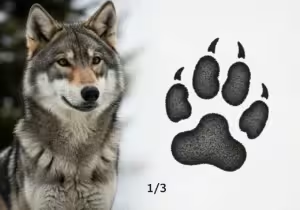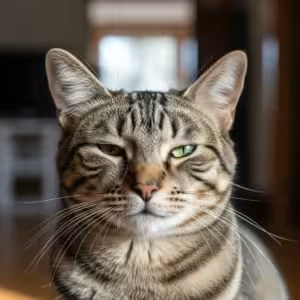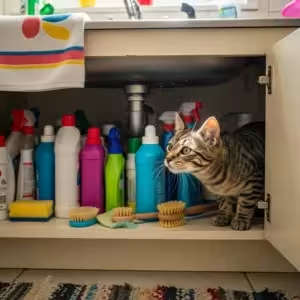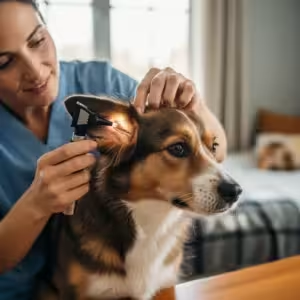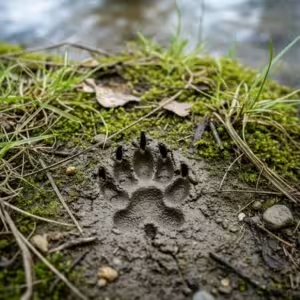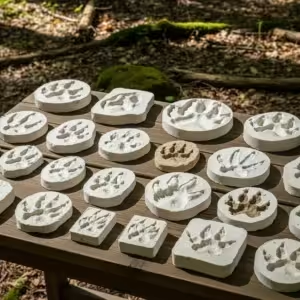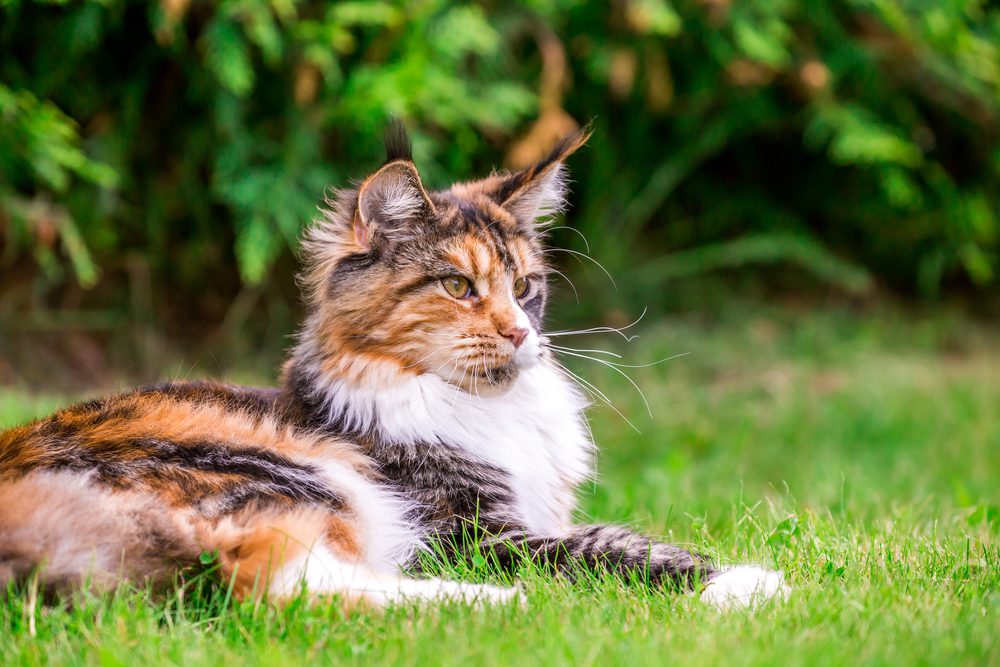
Feline Lower Urinary Tract Disease (FLUTD)
Feline Lower Urinary Tract Disease (FLUTD), also known as feline urologic syndrome (FUS) or feline idiopathic cystitis (FIC), is a disease that affects the bladder and urethra of all cat breeds.
According to animal experts, some of the most common factors that can cause FLUTD are genetics, stress, excess body fat, and nutrition. So, if you want to prevent this disease in cats, you should pay more attention to their diet and minimize the things or behaviors that can stress them.
This diseases can affect cats of all ages, especially those who are overweight, and the symptoms can be mild or severe, including difficulty and pain when urinating, frequent urination and blood in the urine.
To detect these symptoms and diseases, you need to pay more attention to their behavior and, if you notice that they lick themselves excessively, don’t urinate in the litter box and see blood in their urine, you should take them to the vet as soon as possible.
In general, Feline Lower Urinary Tract Disease (FLUTD) may be quite difficult to diagnose by cat owners, but your veterinarian will do a physical examination and a urinalysis to discover the problem.
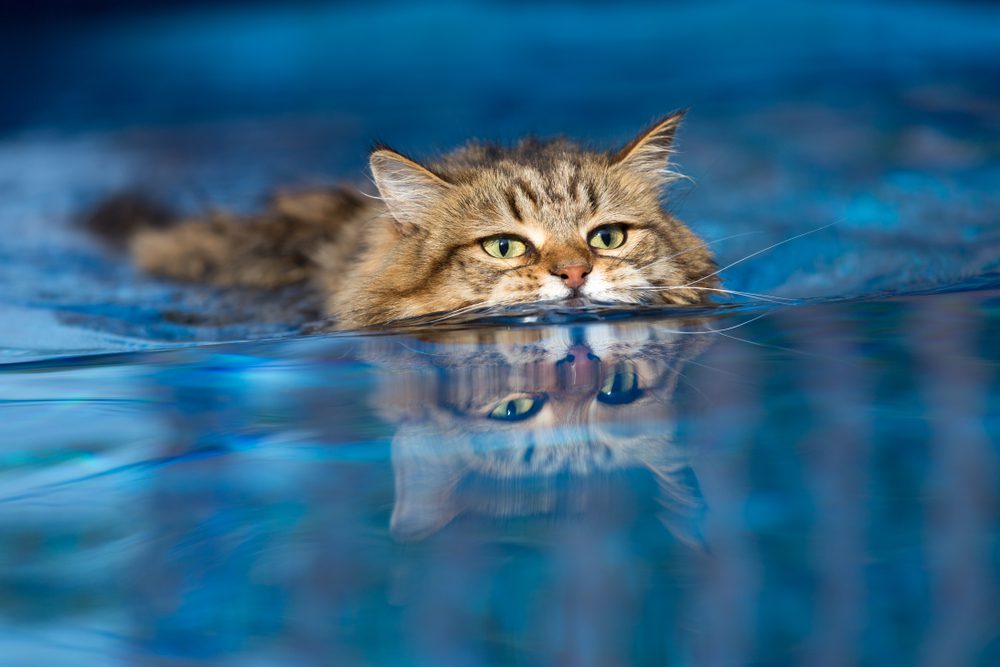
Polycystic Kidney Disease
Polycystic kidney disease (PKD) in cats is a genetically inherited disease that affects the kidneys. This condition causes multiple cysts filled with fluids that can affect kidney function in cats.
Unfortunately, polycystic kidney disease can be found in any cat breed, especially in Persians, Himalayans, and related breeds, but these cysts are present from birth. Initially, they are very small, but they can change their size over time. The size of these cysts varies from cat breed to cat breed and some of them may show symptoms when they become adults.
Studies have shown that mixed breeds are less likely to develop this type of kidney disease. Your veterinarian will be able to correctly diagnose PKD based on your cat’s breed, medical history, blood, urine tests and other genetic tests.
However, if you want to adopt a Persian or Himalayan cat breed, you have to make sure that they don’t carry the PKD gene, but your veterinarian will give you more information about this procedure. Unfortunately, there is no treatment for this condition, but you can pay more attention to their diet and your vet will prescribe a pharmaceutical treatment to combat and prevent nausea and vomiting.




